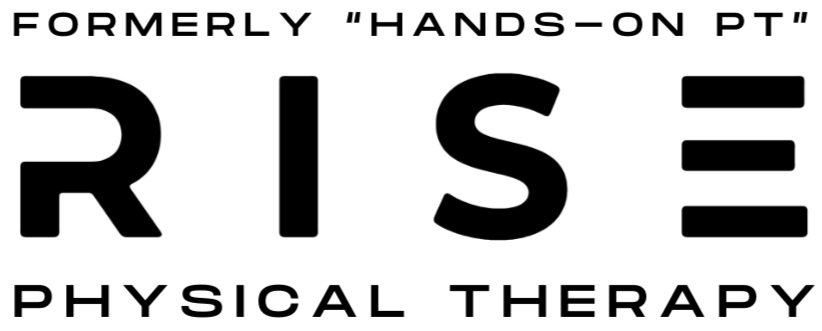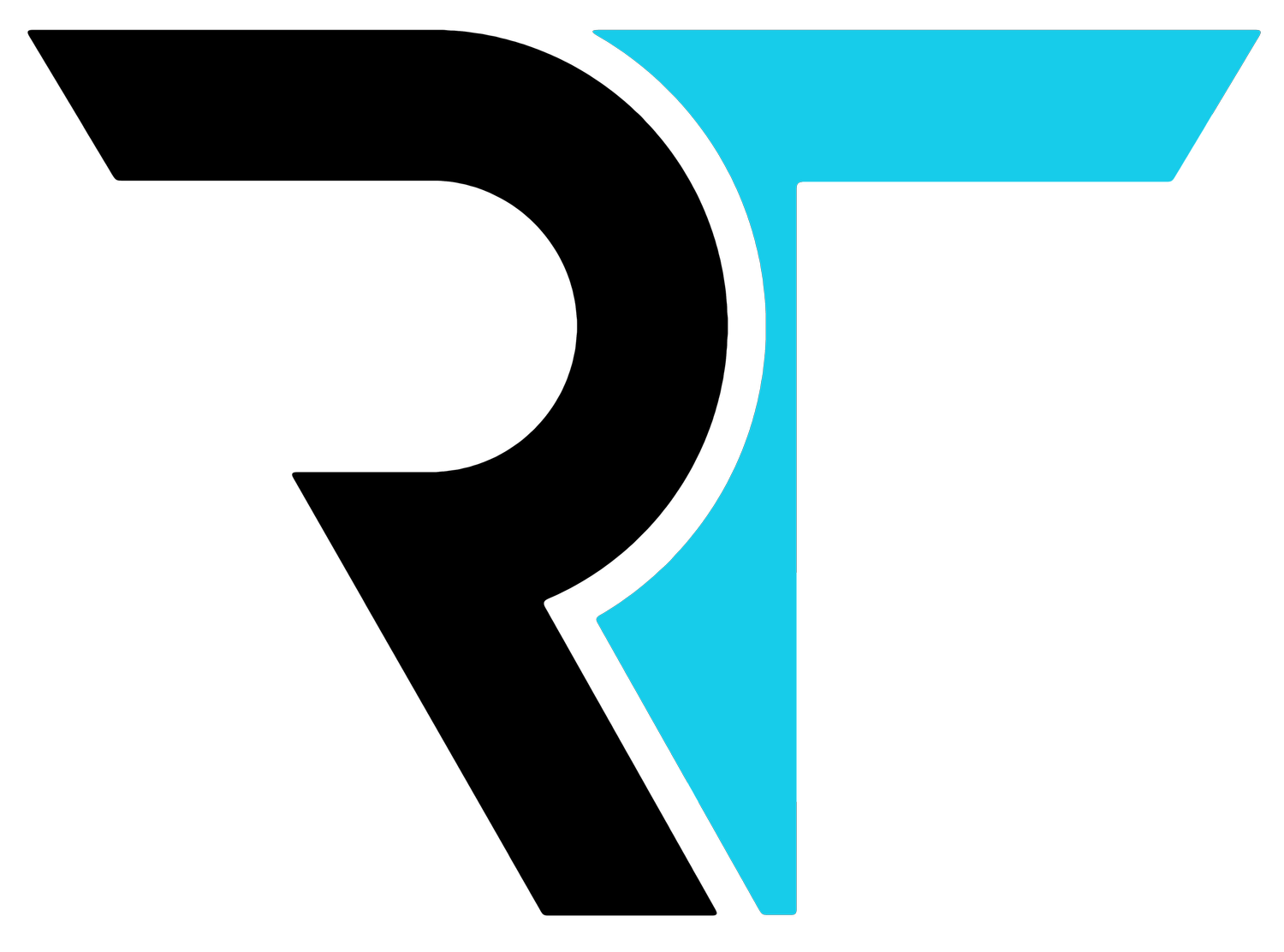
RETURN TO SPORT
at RISE Physical Therapy
Unlocking Athletic Potential
How RISE PT and Sports Med Facilitates a Seamless Return to Sport
Physical therapy has evolved from a simple rehabilitation tool to a vital component in an athlete's journey to return to their sport stronger and more resilient than ever. Whether you're a professional athlete, a weekend warrior, or a fitness enthusiast, an injury can be a major setback. Fortunately, physical therapy is a key solution that not only aids recovery but also optimizes performance. In this article, we will explore how physical therapy can help athletes return to sport and achieve their peak performance levels.
1. Injury Assessment and Diagnosis:
-> Sports injury rehabilitation, Injury assessment, Diagnosis
-> Physical therapists are experts in assessing and diagnosing sports injuries. They use their knowledge to pinpoint the root causes of injuries, providing athletes with a personalized treatment plan.
2. Tailored Treatment Plans:
-> Customized rehabilitation, Sports injury treatment plan
-> Physical therapists create individualized treatment plans that address an athlete's unique needs. These plans may include exercises, manual therapy, and modalities to accelerate healing and improve mobility.
3. Pain Management:
-> Pain relief, Pain management strategies
-> Physical therapists employ various techniques to manage pain, reducing discomfort and promoting a quicker recovery. This is crucial for athletes aiming to return to their sport pain-free.
4. Restoring Mobility and Functionality:
-> Functional rehabilitation, Mobility restoration
-> Through targeted exercises and techniques, physical therapy helps athletes regain lost mobility and functionality. This ensures they can perform at their best when they return to their sport.
5. Preventing Future Injuries:
-> Injury prevention, Sports injury prevention strategies
-> Physical therapists educate athletes about injury prevention techniques. This knowledge equips athletes with the tools they need to reduce the risk of re-injury and enhance their long-term athletic performance.
6. Strength and Conditioning:
-> Sports-specific strength training, Conditioning for athletes
-> Physical therapists design strength and conditioning programs tailored to an athlete's sport. These programs help athletes build the strength and endurance needed for optimal performance.
7. Biomechanical Analysis:
-> Biomechanical assessment, Movement analysis
-> Physical therapists analyze an athlete's movement patterns to identify any biomechanical issues that could contribute to injuries. Addressing these issues is essential for long-term athletic success.
8. Psychological Support:
-> Mental health support for athletes, Psychological resilience
-> Physical therapists often provide psychological support to athletes during their recovery. This can include helping them cope with the mental challenges of injury and maintain a positive mindset.
9. Gradual Return to Sport:
-> Gradual return to play, Sport-specific training
-> Physical therapists work with athletes to create a structured plan for gradually reintroducing them to their sport. This minimizes the risk of re-injury and ensures a smoother transition back to competition.
Physical therapy is a vital resource for athletes seeking to return to their sport at the top of their game. It offers a holistic approach to recovery, addressing not only the physical aspects of injury but also the psychological and performance-related components. By collaborating with skilled physical therapists, athletes can recover more effectively, minimize the risk of future injuries, and ultimately achieve their athletic goals. If you're an athlete recovering from an injury, don't underestimate the power of physical therapy in your journey back to sport.
“Everything negative - pressure, challenges - is all an opportunity for me to RISE.”
-Koby Bryant
OUR METHOD
2.) Pain Reduction
1.) Assessment & Diagnosis
4.) Long term Prevention
3.) Return to Function

WHAT BOISE IS SAYING:
⭐⭐⭐⭐⭐






